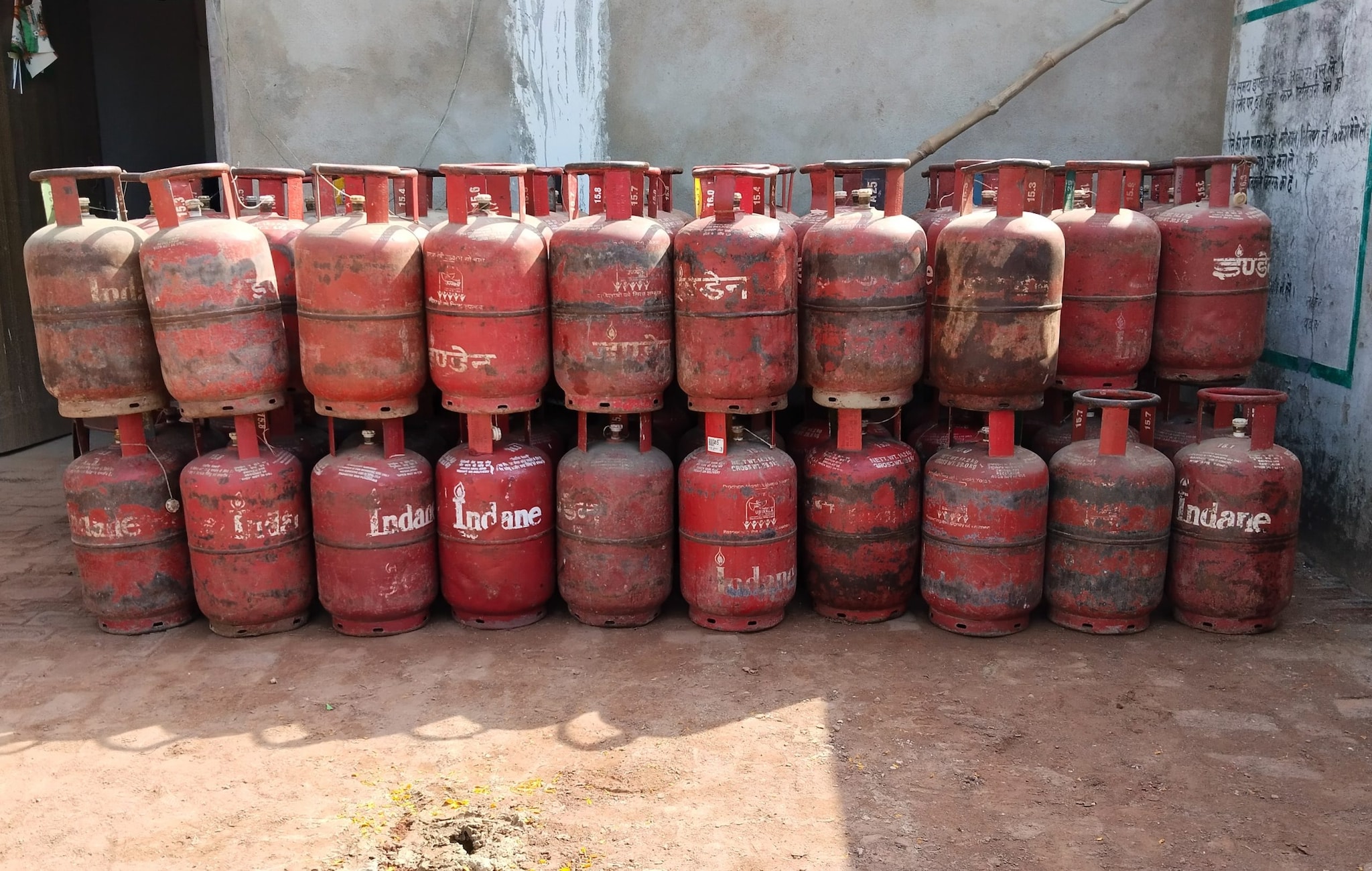It’s 8:01am on a Monday morning and the phone lines are already jammed. Patients are desperately trying to book an appointment with their GP, and within minutes, the day’s slots are gone. Sound familiar? This scenario plays out daily across Brighton – and indeed across the country – as general practice faces what many are calling an existential crisis.
The frustration felt by patients is real, but so too is the pressure behind the scenes. As a doctor working in the NHS, I’ve seen this strain first-hand, and it’s time we talked honestly about the root causes – and where we go from here. The Disappearing GP Let’s start with the numbers.

In 2015, the government pledged to recruit an additional 5,000 GPs by 2020. Not only was that target missed, but the opposite happened: we actually lost over 1,900 fully qualified GPs during that time. Brighton and Hove have been hit hard.
Our surgeries are seeing more patients, with fewer doctors to care for them. So where have all the GPs gone? Part of the answer lies in burnout. General practice is emotionally demanding and administratively overwhelming.
On average, GPs are working longer hours than ever – but the paperwork is swallowing up clinical time. Many are retiring early, switching to part-time, or leaving the profession altogether. At the same time, fewer junior doctors are choosing general practice as a career.
When faced with a future of endless bureaucracy, hostile headlines, and daily fire-fighting, who can blame them? More Patients, More Problems It’s not just about the number of doctors. It’s about what patients need. The population is ageing.
People are living longer, often with multiple long-term conditions like diabetes, heart disease, or dementia. Managing these issues isn’t a five-minute job. It takes time – and time is exactly what GPs don’t have.
Meanwhile, the average patient list size for a full-time GP has ballooned to over 2,200 – a staggering rise from previous years. That means less continuity of care, more rushed appointments, and growing frustration for everyone involved. It’s Not the GP’s Fault There’s a worrying trend in public discourse: blaming GPs for a broken system.
Headlines about “lazy doctors” or surgeries being “closed” fuel public resentment. But here’s the truth: most GP surgeries are busier than they’ve ever been. They didn’t stop working during COVID – they adapted, fast, to protect patients and staff.
Telephone triage, e-consults, and video calls were tools to keep the system running – not shortcuts to avoid work. And yes, many surgeries have shifted to a hybrid model. But that doesn’t mean care is worse.
In fact, many issues can be safely managed remotely, freeing up face-to-face slots for those who really need them. The real problem isn’t the method of consultation – it’s the sheer volume of demand. The Domino Effect on Hospitals When GP services are stretched to breaking point, the whole system suffers.
Patients who can’t get seen in primary care often end up in A&E. Not because they don’t understand how the NHS works, but because they’ve got nowhere else to go. This clogs up emergency departments, delays urgent care, and puts even more pressure on hospitals already buckling under post-pandemic backlogs.
In this sense, GPs aren’t just the “gatekeepers” of the NHS – they’re the glue holding it together. And when the glue weakens, everything else starts to fall apart. What Needs to Change So how do we fix this? First, we need to invest in general practice – and I mean real, sustained investment, not just short-term pledges.
That means training more GPs, yes, but also keeping the ones we’ve got. We must make general practice a job people want to do again. Second, we need to cut the red tape.
GPs spend hours every day filling in forms, ticking boxes, and duplicating tasks that don’t benefit patients. Streamlining these processes would free up valuable time for care. Third, we need a workforce plan that includes the entire team.
Modern general practice doesn’t rely on doctors alone – it includes nurses, pharmacists, paramedics, mental health workers, and care coordinators. But these roles need proper funding, training, and integration into the system. Finally, we need a cultural shift.
Politicians must stop using GPs as a scapegoat for wider NHS failings. And as patients, we need to recognise the complexity of the job. Yes, the system is frustrating.
But GPs are not the enemy – they’re fighting alongside us in an increasingly difficult battle. Brighton Deserves Better Brighton is full of passionate, talented healthcare professionals. I know because I’ve worked with many of them.
But passion alone won’t solve a system under siege. We need to protect general practice, not just for today’s patients, but for future generations. Because if we don’t, we risk losing the very foundation of the NHS: free, accessible, expert care, close to home.
The GP crisis isn’t just a problem for doctors. It’s a problem for all of us..
Business

The GP crisis: What’s really going on, and why it matters to all of us

It’s 8:01am on a Monday morning and the phone lines are already jammed. Patients are desperately trying to book an appointment with their GP, and within minutes, the day’s slots are gone. Sound familiar?














